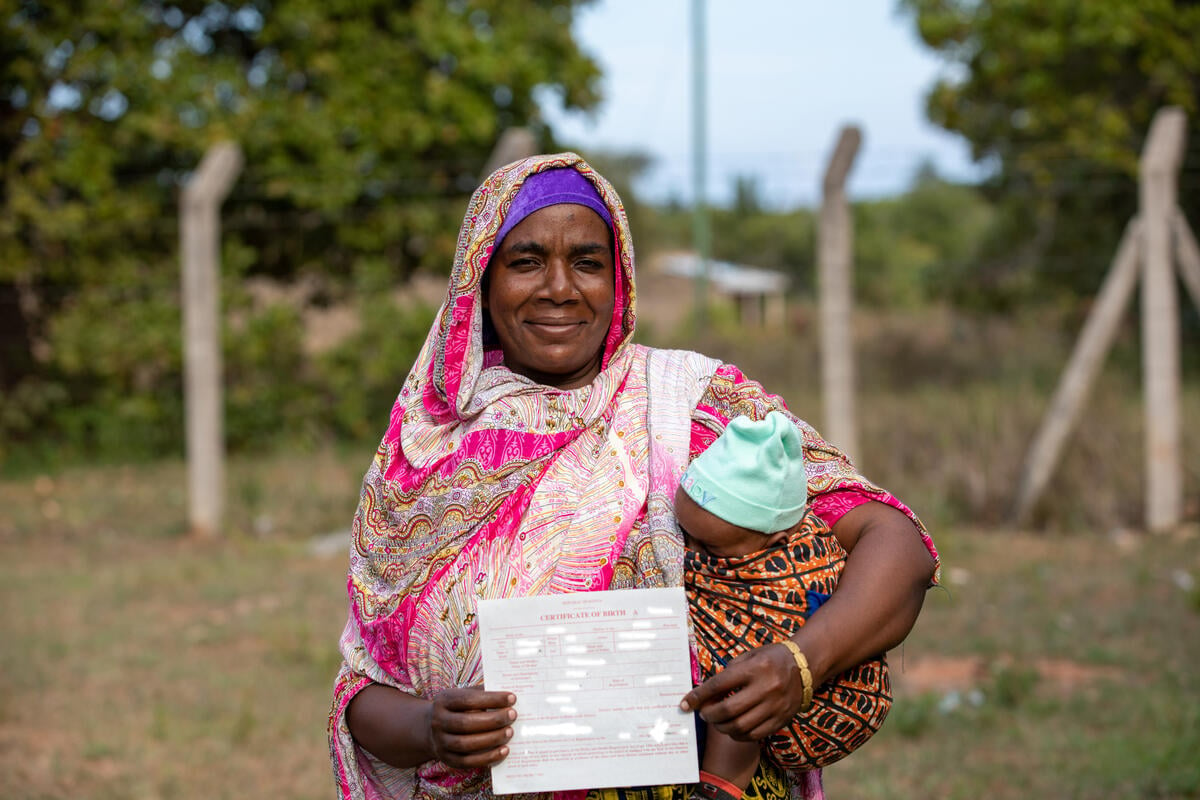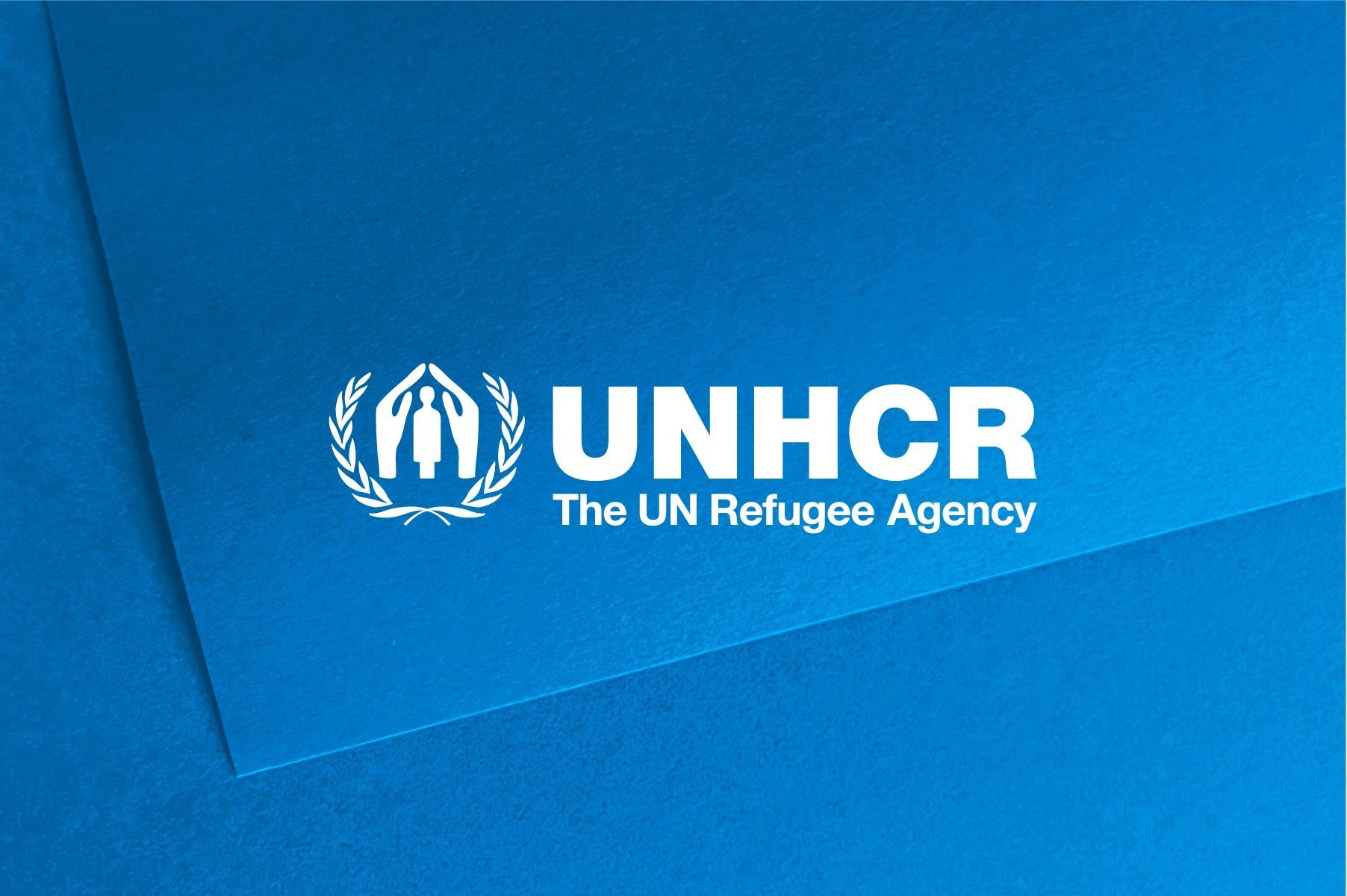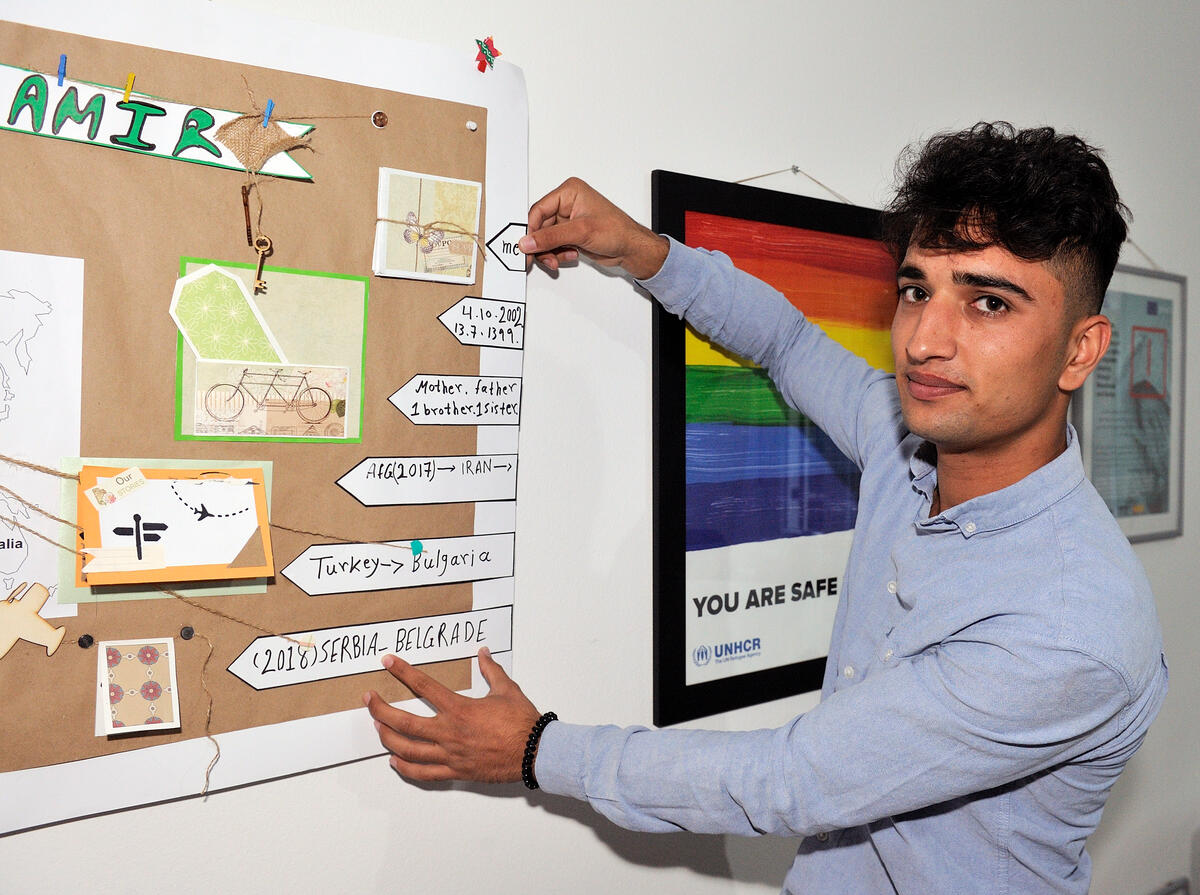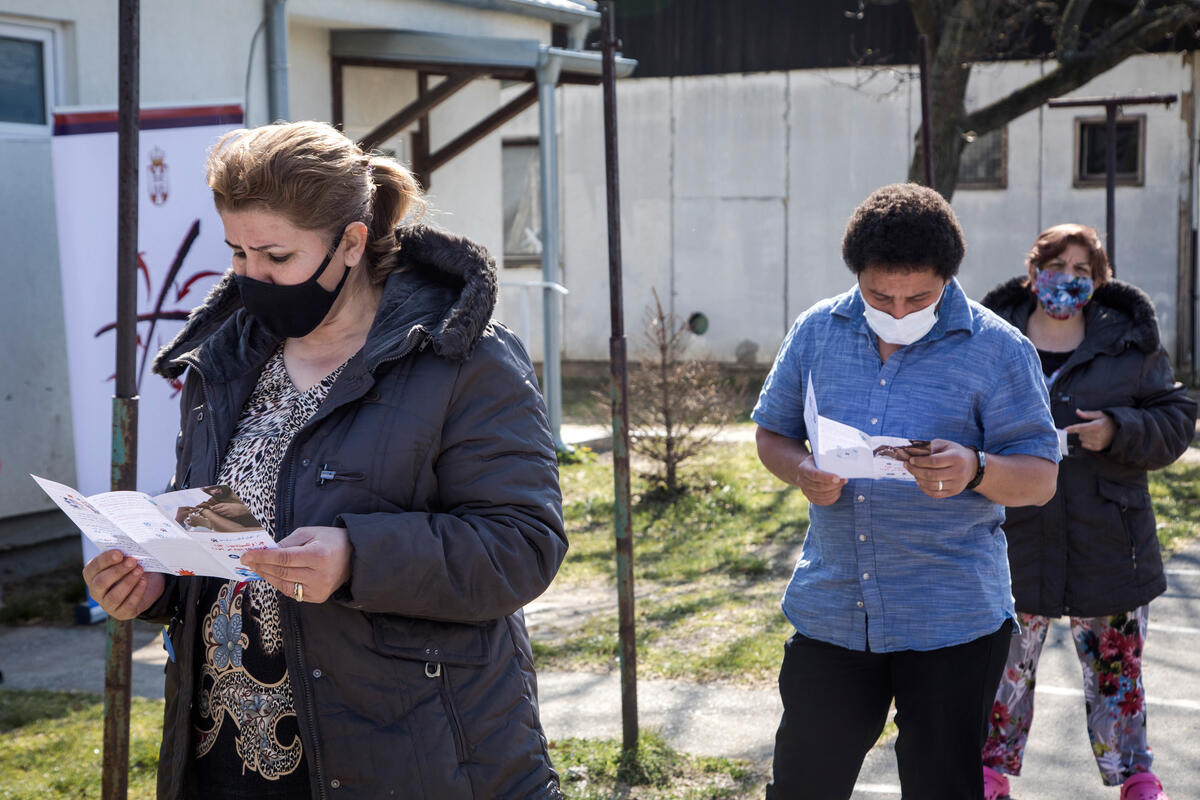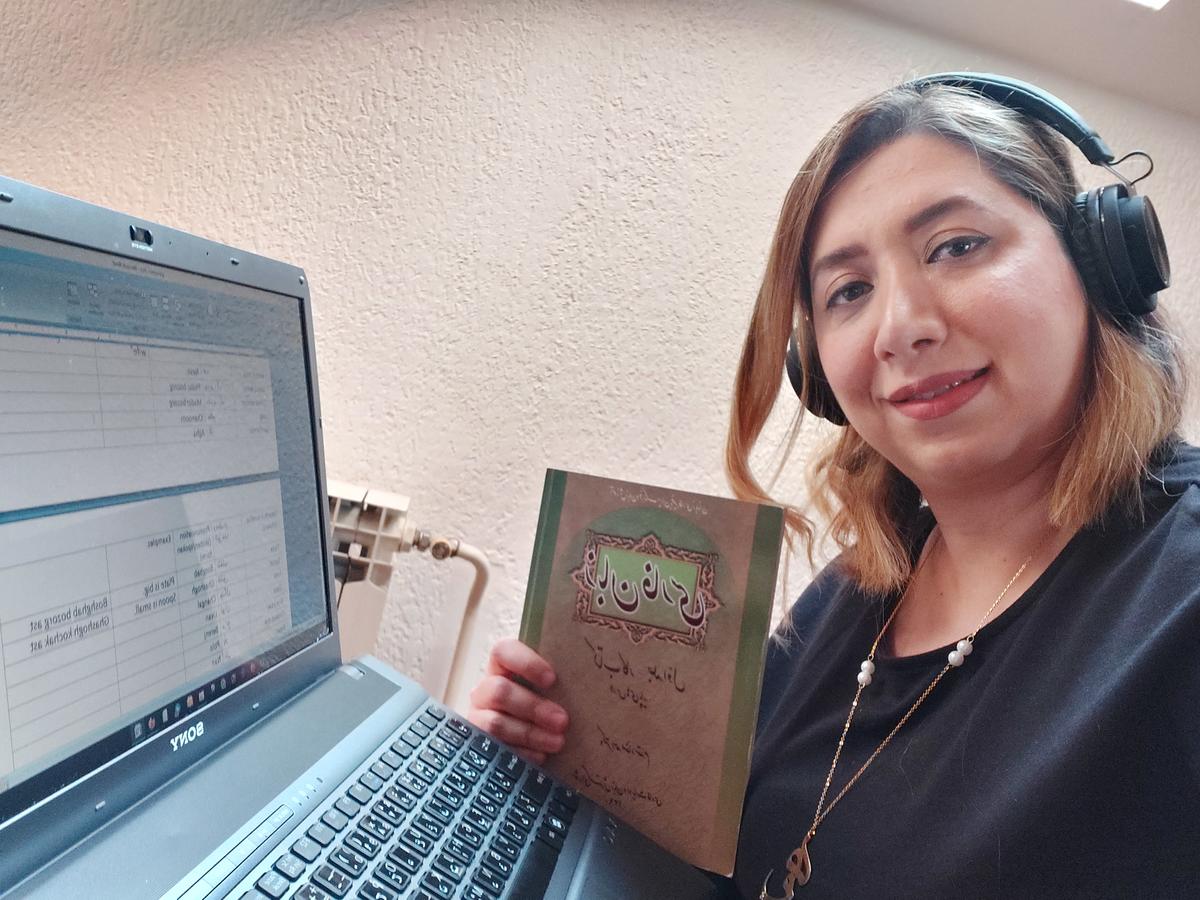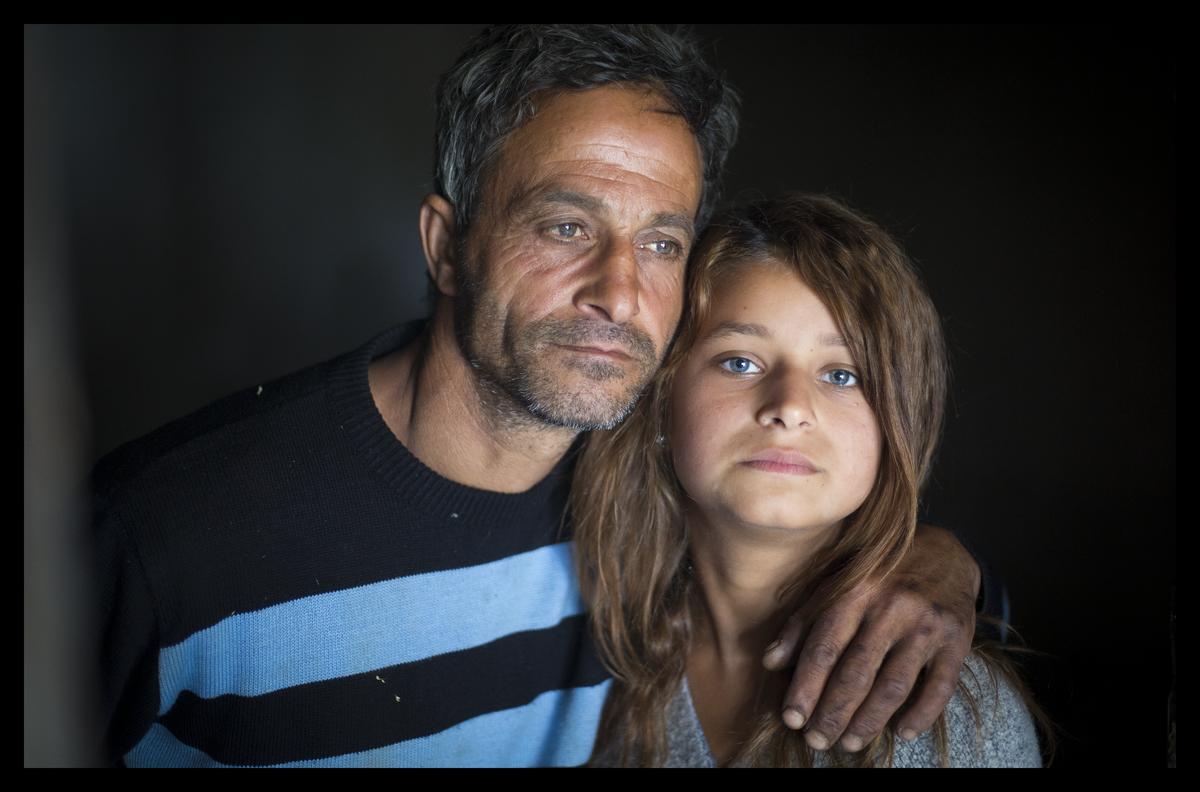Kosovo Crisis Update
Kosovo Crisis Update
Food Aid
The World Food Programme is dramatically expanding its emergency food aid operation in the Balkans to assist 2.5 million people affected by the conflict in Kosovo and by earlier events in the region.
The six-month, $224-million operation, which begins 1 July, will help refugees, internally displaced and war-affected people in the Federal Republic of Yugoslavia, Albania, the FYR of Macedonia, and Bosnia and Herzegovina, WFP said in a press release issued on 30 June.
According to planning figures for the new operation, WFP will feed 1.5 million refugees, internally displaced and war-affected Kosovars, as well as 500,000 war-affected people in Yugoslavia and 500,000 refugees Yugoslavia is hosting from the previous Bosnia and Croatia conflicts.
WFP expects little agricultural activity this year in Kosovo and the people there will be heavily dependent on external aid. WFP's "food basket" will contain wheat flour, rice, cooking oil, canned meat or fish, beans, sugar and salt. Ready-to-eat food - bread, high-energy biscuits and Humanitarian Daily Rations, or Meals Ready to Eat, will also be supplied.
Kosovo
Two weeks after its return to Kosovo and with all seven offices functioning, UNHCR is stepping up deliveries of relief supplies, including materials to repair damaged houses.
Two convoys have so far ferried to Pristina 10 truckloads of plywood, wooden frames, window repair kits, nails and tools.
On Wednesday, UNHCR dispatched from Skopje mattresses, hygienic parcels, candles, tents and blankets to three places in Kosovo. Six trucks went to Urosevac, eight to Pec and six to Prizren. UNHCR sent convoys from Pristina to Gnjilane and Kosovska Mitrovica.
A UNHCR team went on an aerial survey of western Kosovo on Wednesday and reported that in a number of severely damaged villages many returnees were staying in one corner of their severely damaged house, which they have repaired.
On 29 June, a UNHCR team visited a string of villages a few kilometres to the north of the Morini border with Albania, some of which were reported to have been devastated. This border region was the scene of heavy fighting between Yugoslav forces and the Kosovo Liberation Army, as well as several days of intensive NATO bombardments.
The first village on the road, Donaj (pre-war population 6,000) had suffered heavy damage. Houses there were looted and burned. It was sadly similar to many other villages in Kosovo. People there said 70 percent (4,200) of the population had returned from Albania. Some 2,000 of these are not living in Donaj, but are staying with friends and relatives elsewhere in the region, particularly in Prizren town.
This appears increasingly to be the pattern, and may presage a serious problem in the towns as they come under increasing demographic pressure from surrounding villages unable to support their returnee populations.
On a more positive note many villagers return during the day to work on their houses and land. Most of the villagers are attempting to make at least one room habitable. Villagers had received a food distribution from Catholic Relief Services two days earlier. Villagers were aware of the risk of mines, and had therefore not further investigated reports that the bodies of 20 women had been found near the border.
The UNHCR team also went to Planeja (pre-war population c.100 families/1,000 individuals). The first of a cluster of three villages very close to the border, Planeja had been virtually obliterated, apparently by NATO bombs. The majority of buildings have been reduced to rubble. One family appeared to be moving back into a partly surviving house, and a number of men were also seen in the village trying to collect their surviving livestock - an alarming sight given the extent of mines and unexploded ordnance in the area.
Albania
Around 550 refugees who boarded trains from Durres and Elbasan in central Albania on Wednesday to join UNHCR's first organized repatriation from Albania arrived at the railhead at Mjeda outside Shkodra where they spent the night.
The refugees left Mjeda by bus Thursday morning for the border town of Kukes, 80 kilometres to the east, where they were expected to arrive later in the afternoon. Roads are rough and if there is not enough time to proceed to Kosovo on Thursday, they will overnight in Kukes and cross the border on Friday on their way to Prizren, Pristina and a few to Urosevac.
Meanwhile, spontaneous returns continue. On Wednesday, 13,500 refugees went back through the Morini crossing in Kukes, bringing the overall returns since 15 June to 286,400.
AFOR, the international force in Albania, announced it would close the Morini crossing for about two hours early Thursday morning to detonate an unexploded bomb.
FYR of Macedonia
The first of seven camps in the FYR of Macedonia closed down on Wednesday after 44 refugees at Radusa camp joined UNHCR's repatriation bus and 20 others left on their own. Radusa had been home to about 2,400 refugees since April, and the site is now being cleaned up by NGOs. The clean-up, mainly by the Macedonian Centre for International Cooperation supported by the Norwegian Church Aid, which had been in charge of sanitation in Radusa, will take several days.
On Wednesday around 6,200 Kosovars returned spontaneously from the FYR of Macedonia and 409 others left with UNHCR for Pristina and Urosevac. On Thursday morning, 393 refugees joined UNHCR's fourth daily return convoy heading for Urosevac and Pristina. By 10 a.m. Thursday, the number of spontaneous returnees stood at 650, indicating a continuing decrease in departures.
Republic of Montenegro
Around 3,400 Kosovars left Montenegro for Kosovo on Wednesday, bringing the overall departures to 37,000. The Montenegrin Commissioner for Displaced Persons is making final arrangements for bus companies to help in an organized return of refugees. NGOs are supporting the effort.
Also on Wednesday, 64 Serbs arrived in Montenegro from Kosovo. More and more displaced Serbs from Kosovo are asking UNHCR Podgorica for assistance, accommodation, information on missing relatives and resettlement programmes.


